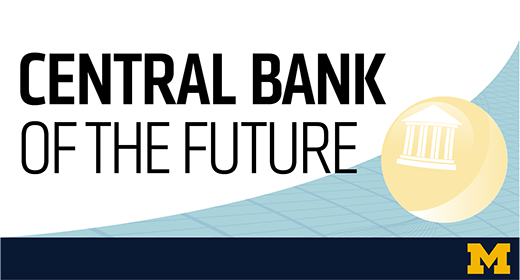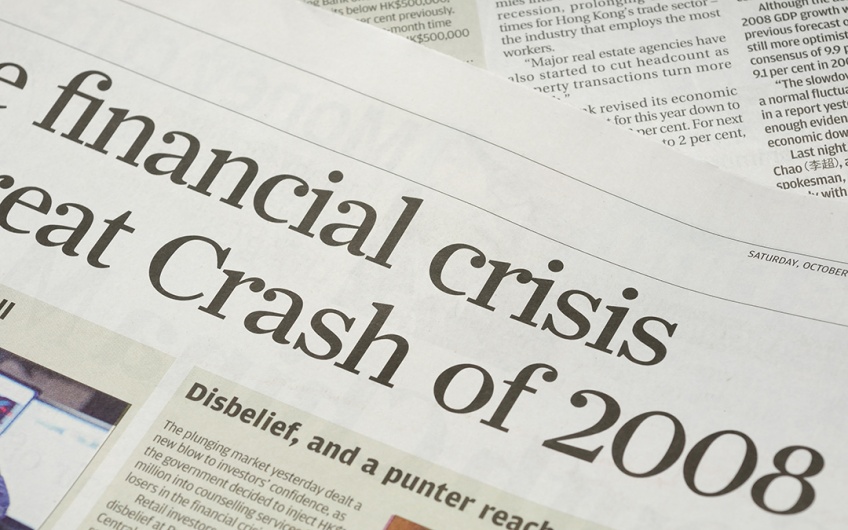What might the Central Bank of 2070 look like?
Financial health comes about when people have day-to-day systems that enable them to build resilience and seize opportunities. It’s about being able to spend, save, borrow, and plan in ways that enable people to manage life’s ups and downs. While inclusion is primarily about getting people into the formal financial system, as measured by account ownership, financial health is the desired outcome.
Jennifer Tescher, President & CEO of Financial Health Network





